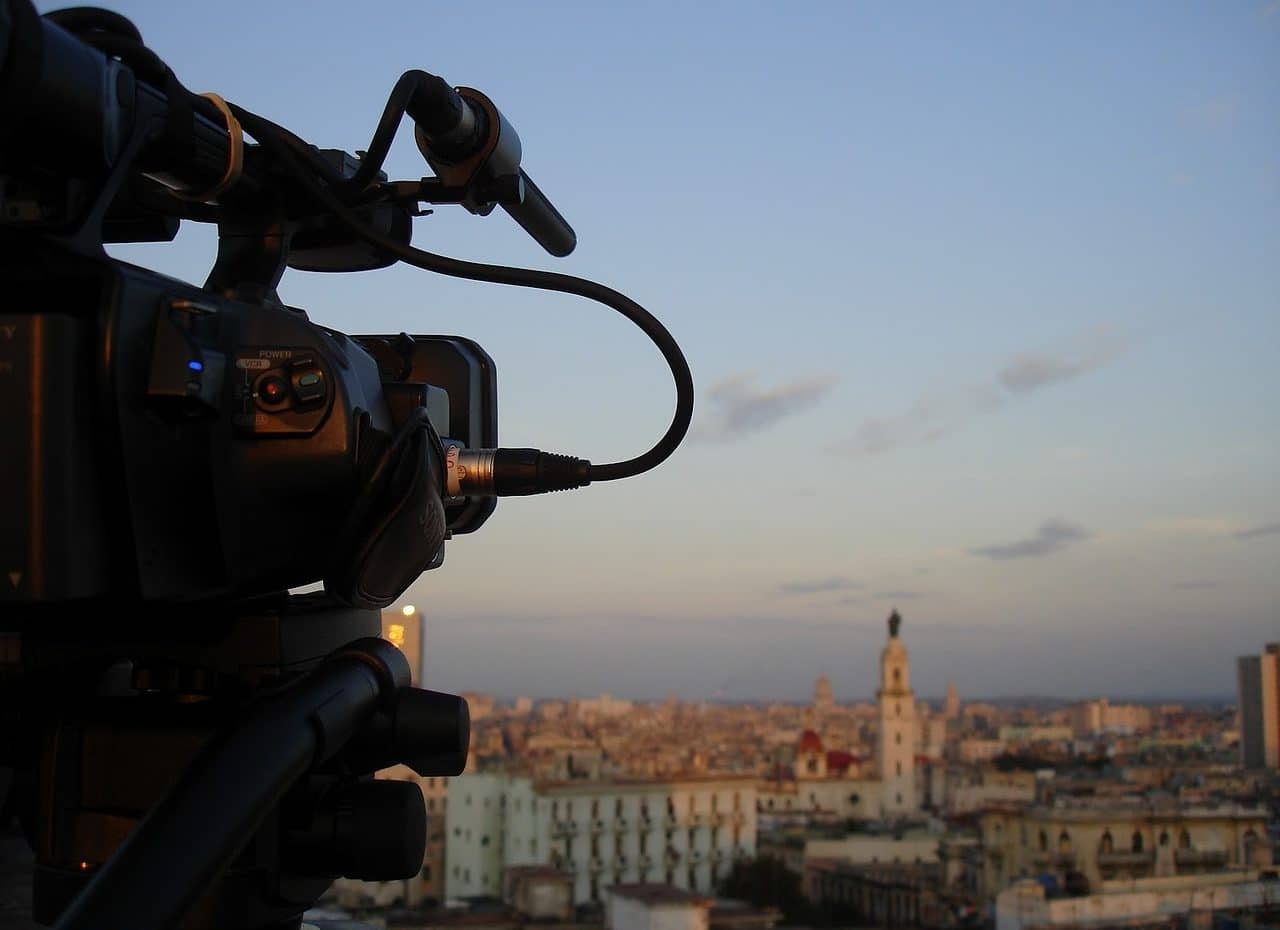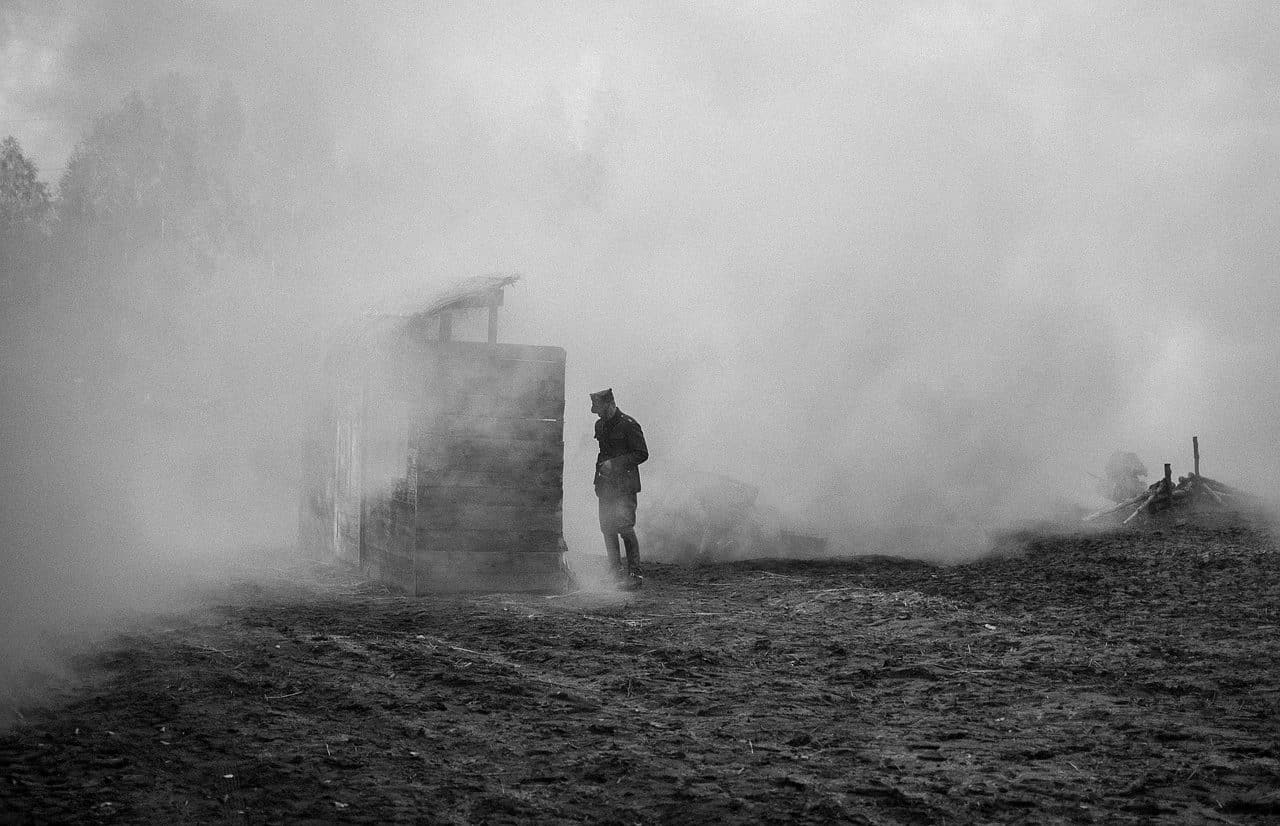
The truthful includes or expresses truth.
Veridical is an adjective from the Latin veridicus that refers to one or that which says or includes truth . This term (truth) is linked to the conformity of what is said with what one feels or thinks, or to the conformity of things with respect to the concept that is formed in the mind about them. Truth is also the judgment that cannot be rationally denied.
For example: “The war movie that will be released tomorrow is based on a true event” , “There is nothing true in this work: everything narrated is the fruit of my imagination” , “Please stop fabulating and just tell me the truth."
The truth in cinema, theater, TV and literature
The most common use of the notion of truth is associated with certain works of film, theater , television or literature. The adjective allows you to qualify those works that try to reproduce or recount events that happened in reality .
A film, in this sense, can narrate a murder of civilians that took place within the framework of the Iraq war . The director , for this, met with soldiers, Iraqi citizens and journalists who were in the region to reconstruct the events in his film. It should be noted that what will be seen on screen could be defined as fictional reality , since it involves actors reconstructing, more or less literally, something that happened in real life and that the director learned about from third-party accounts.

Many war films are based on true events.
Differences with a documentary
It is necessary to differentiate between a true work and a documentary , since the latter does not usually use actors to reconstruct reality, but rather uses archival material or interviews with the real protagonists.
On the other hand, there are hybrid works, which combine fiction along with recordings of the true participants of a story , generally to complete information or to emphasize the impact of certain events of which there is no audiovisual record.
True and credible
It is important to keep in mind that the term true does not have a direct relationship with the concept of verisimil , whose meaning in the dictionary of the Royal Spanish Academy speaks of something that appears to be true and that is credible since it does not offer any character of falsehood. On the contrary, a true event may seem incredible to those who experience it firsthand and, even more so, to those who receive it in the form of an anecdote.
Julio Cortázar , one of the most renowned writers of the 20th century, was the author of a short story titled "True History" , in which, with his characteristic mastery of mastering language, he tells us a story that may have little to believe.
It all begins with a man whose glasses fall to the ground and who discovers to his surprise that they are still intact after the impact. Next, he heads to an optical store to buy a sturdy case, convinced that the next fall will not be so lucky. However, an hour later, another carelessness results in the glasses falling to the ground again and, although this time they have adequate protection, they shatter. The man, perplexed, ends up understanding that "the designs of Providence are inscrutable" and that the true miracle has now taken place.
Although, as in almost every literary work, it is possible to make double readings, to search in the depths of its prose for interpretations that not even the author himself had made on a conscious level while he was putting on paper the words that came from the most hidden points of his being, the surface of Cortázar 's story shows us a story that, at first glance, is not credible, but presents it as a true story, as a series of events that took place in reality , regardless of whether they may not seem very likely.
